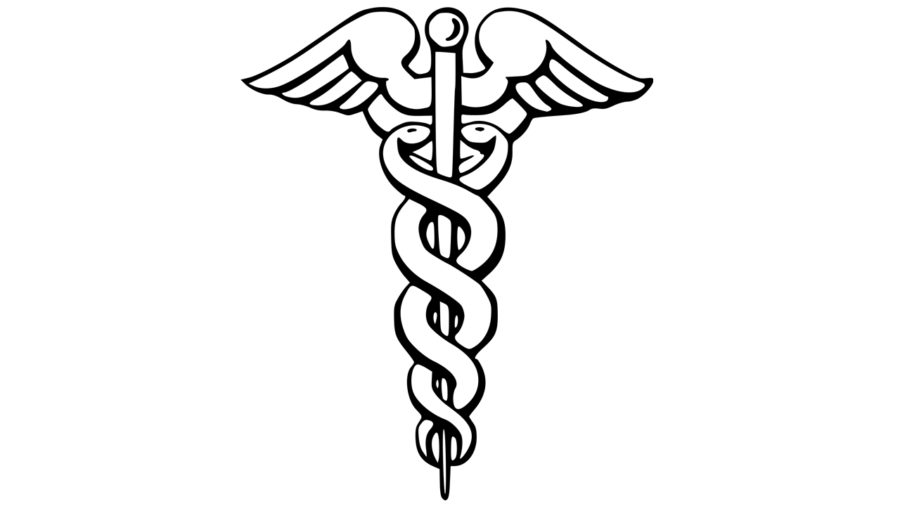On Aug. 29, pharmaceutical company Mylan announced it would launch a generic epinephrine injection identical in formula to its name-brand Epipen Auto-Injector for less than half the original’s cost.
The price for the anti-allergy medication EpiPen has increased more than 500 percent over a nine-year span.
“If you have an allergy, you get an EpiPen or go to the hospital,” Moffitt Health Center Pharmacy Technician Dana Fordham said. “There is no alternative to EpiPen.”
According to a CNBC report, the EpiPen costs about $15 dollars to make. However, Mylan charges $600 for a two-dose box, and that price might fluctuate depending on where the medication is purchased.
According to Fordham, the Moffitt Health Center buys the two-dose packs at around $500. The product costs students $515 if they do not have insurance.
CVS pharmacist Brent Strickland said there was only one case in the last week in which a person could not afford their medication.
Strickland said most companies get a patent 10 to 20 years before putting a generic product on the market. An authorized generic is a generic product released by a company that owns the name-brand version of that product. Some companies, according to Strickland, use this method to make their products more accessible to consumers unable to afford name-brand products.
To ensure the generic is as effective as the original, companies stay within a 10-percent error margin on bioequivalence.
Strickland said the CVS pharmacy currently pays $317 for a two-pack of EpiPens.
In another recent incident, Turing Pharmaceuticals CEO Martin Shkreli raised the price on Daraprim, according to an ABC report, from $14 to $750.
“We understand the deep frustration and concerns associated with the cost of EpiPen to the patient and have always shared the public’s desire to ensure that this important product be accessible to anyone who needs it,” wrote Mylan CEO Heather Bresch of the EpiPen price hike. “Our decision to launch a generic alternative to EpiPen is an extraordinary commercial response, which required the cooperation of our partner.”
EpiPen remains on most insurances’ authorized drug list at this time.


























